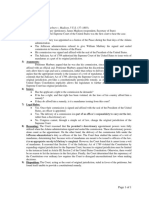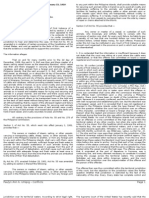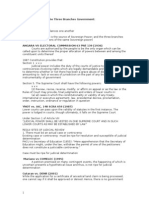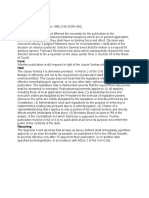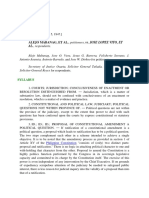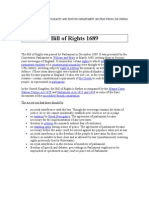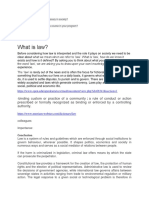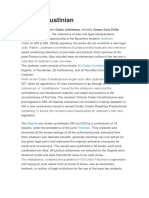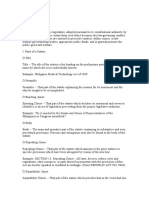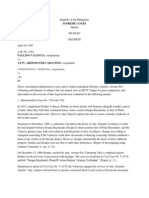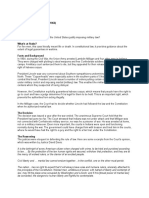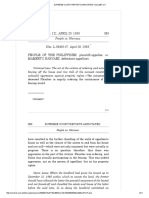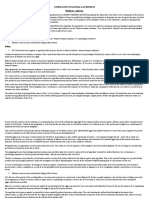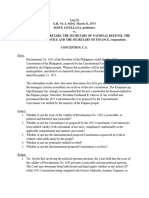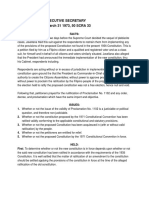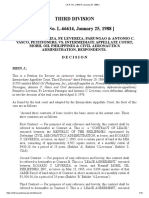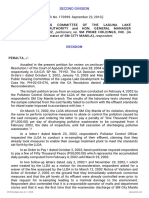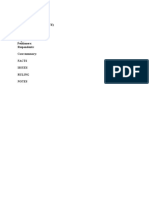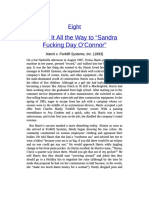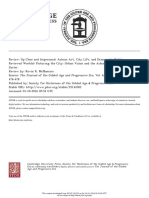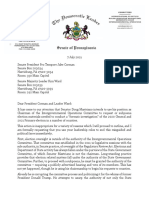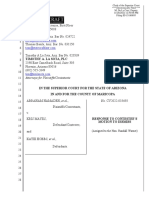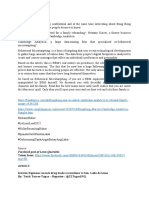0% found this document useful (0 votes)
87 views6 pagesPlebiscite Cases - Dissenting Opinions
The dissenting opinions found that the issue of the validity of Proclamation No. 1102 is a justiciable question, that the proposed new Constitution was not validly ratified as it did not follow the requirements of the 1935 Constitution, and that the petitions should not be dismissed as there are serious questions around the ratification process and whether it truly reflected the will of the people.
Uploaded by
Josh GatusCopyright
© © All Rights Reserved
We take content rights seriously. If you suspect this is your content, claim it here.
Available Formats
Download as DOCX, PDF, TXT or read online on Scribd
0% found this document useful (0 votes)
87 views6 pagesPlebiscite Cases - Dissenting Opinions
The dissenting opinions found that the issue of the validity of Proclamation No. 1102 is a justiciable question, that the proposed new Constitution was not validly ratified as it did not follow the requirements of the 1935 Constitution, and that the petitions should not be dismissed as there are serious questions around the ratification process and whether it truly reflected the will of the people.
Uploaded by
Josh GatusCopyright
© © All Rights Reserved
We take content rights seriously. If you suspect this is your content, claim it here.
Available Formats
Download as DOCX, PDF, TXT or read online on Scribd
/ 6

